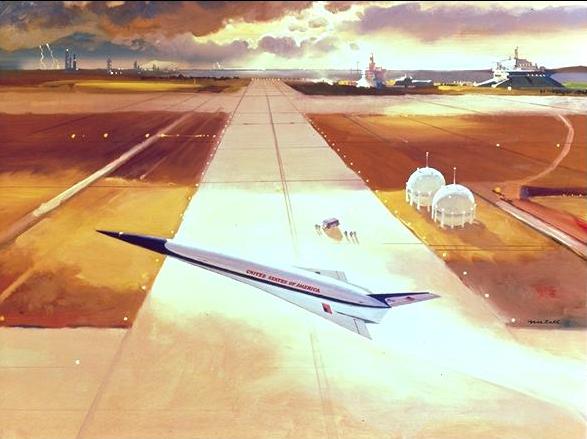At Practical Ethics, Luke J. Davies presents some ideas about science historian James Burke’s recent predictions for the year 2100 (which I posted here). An excerpt:
“The future Burke describes is a far cry from where we are now. It is at once highly technologized—his predictions are informed by a belief in, and enthusiasm for, the promise of nano-technology—and strangely bucolic. He imagines that nano-fabricators (machines that, with very little input, will be able to make anything we want) will lead to a self-sufficiency that will make governments unnecessary. Rather than crowding into big cities, people will spread out more evenly and in small communities. Burke’s future is one in which there is no poverty, or illness, or want. It is a place where people take up gardening because it would be ‘essential for the comfort of their soul. [He imagines the] planet as a giant untouched wilderness dotted with gardens.’
It is interesting that Burke seems to envision a world in which a technological solution has been given to a seemingly human problem—that of greed. His future is one in which we haven’t changed. Technology has changed so that our desire for material goods can be sated in a way that is both sustainable and egalitarian. (We might ask, in Hobbesian fashion, whether this abundance of material objects would just make us emphasize necessarily positional goods even more than we do now). Of course, Burke might be wrong about the promise of nano-technology. But, it would surprise me if he were wrong about the role of technology itself.”
Tags: James Burke, Luke J. Davies

